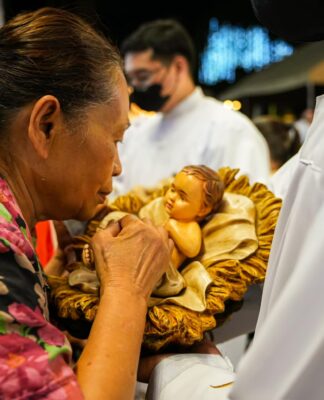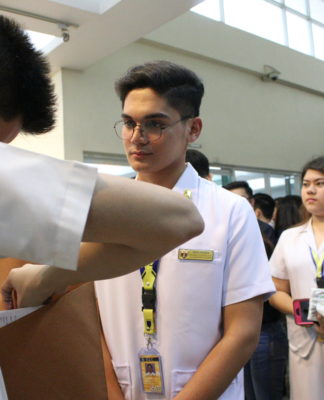FREEDOM of the press and the public’s right to information are not absolute.
Following the hostage crisis at Quirino Grandstand last August 23 that killed eight tourists from Hong Kong, a veteran journalist and UST journalism professor pointed to media’s failure to observe guidelines in covering crises.
In a panel discussion between communication educators and government representatives at the Philippine Social Science Center last August 31, Alice Colet-Villadolid, said the media interfered in the work of security officials by airing a blow-by-blow coverage of the of the hostage-taking and even interviewing the gunman, Rolando Mendoza, who was killed in a botched rescue attempt by the police.
“There are two reasons why [there were problems in the media coverage of the Manila hostage crisis]: first, there are some media practitioners who believe that press freedom is absolute; and second, based on broadcaster Erwin Tulfo’s statement, there is very strict competition between broadcast networks,” Villadolid said in an interview.
“The right of free press and public’s right to be informed are not absolute rights,” she said in the forum.
Villadolid, a former Varsitarian editor, said the media should have given importance to the superior right of the hostages—their right to live.
She also noted that broadcast reports gave the hostage-taker an idea of the measures taken by the police.
Last September 9, GMA Network Inc. revised a protocol for reporters covering crisis situations.
In an official statement, ABS-CBN Corp. claimed it practiced “self-restraint” by limiting its actions during the news coverage.
“If the government had called for a news blackout that day, ABS-CBN would have supported it,” the statement said.
Meanwhile, the Kapisanan ng mga Brodkaster ng Pilipinas (KBP), in a statement last August 31 said the media was not asked by authorities to withhold coverage of what turned out to be sensitive events such as the taking into custody of Gregorio Mendoza, the hostage-taker’s brother, and the conduct of assault operations on the bus.”
The forum was led Presidential Communications Group Secretary Herminio Coloma, together with former Press Secretary Rodolfo Reyes, former Minister of Information Francisco Tatad, and Villadolid who was press undersecretary under President Corazon Aquino.
“[However], the government [should provide] information for the press—quick, adequate, and accurate. Furthermore, high officials must not be too sensitive about adverse opinion or information in media; instead they must allow some latitude to media practitioners to practice press freedom and responsibility,” Villadolid said. R. M. C. Rio

















